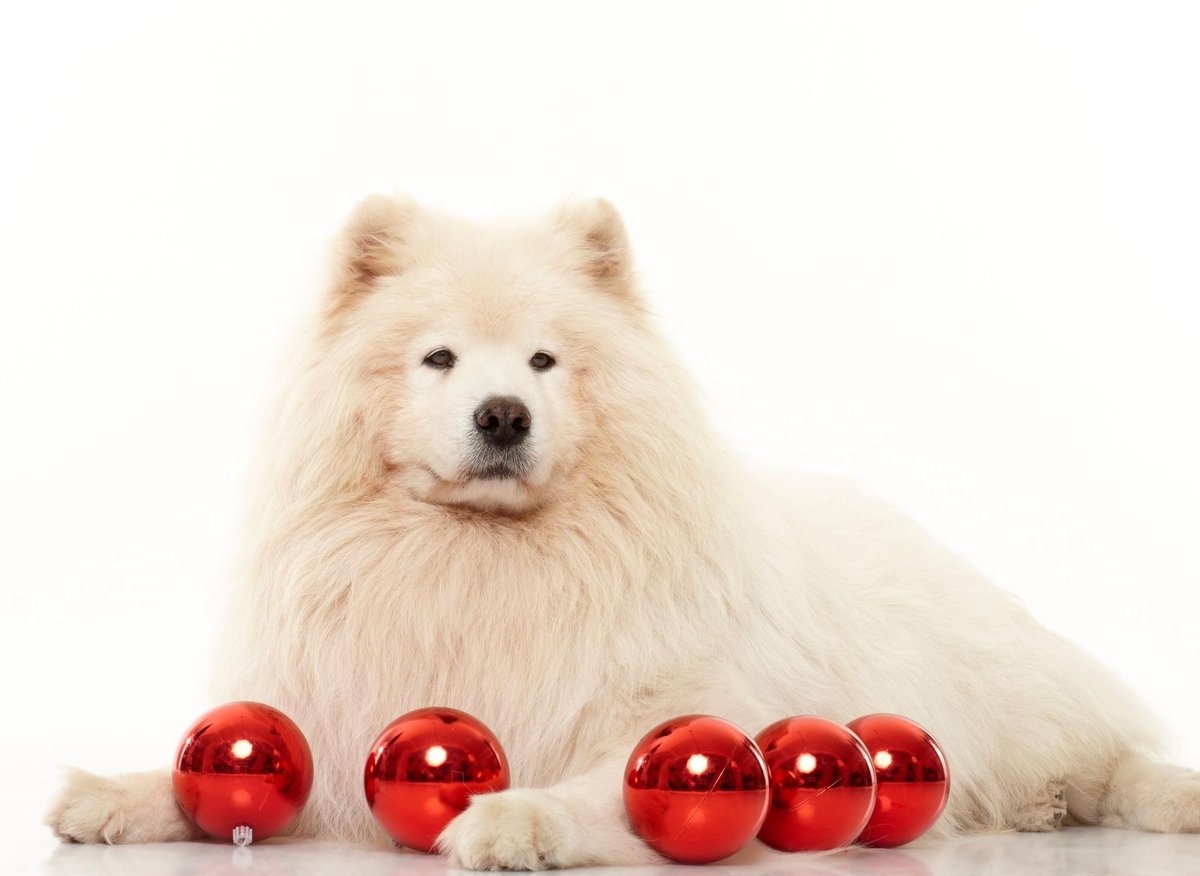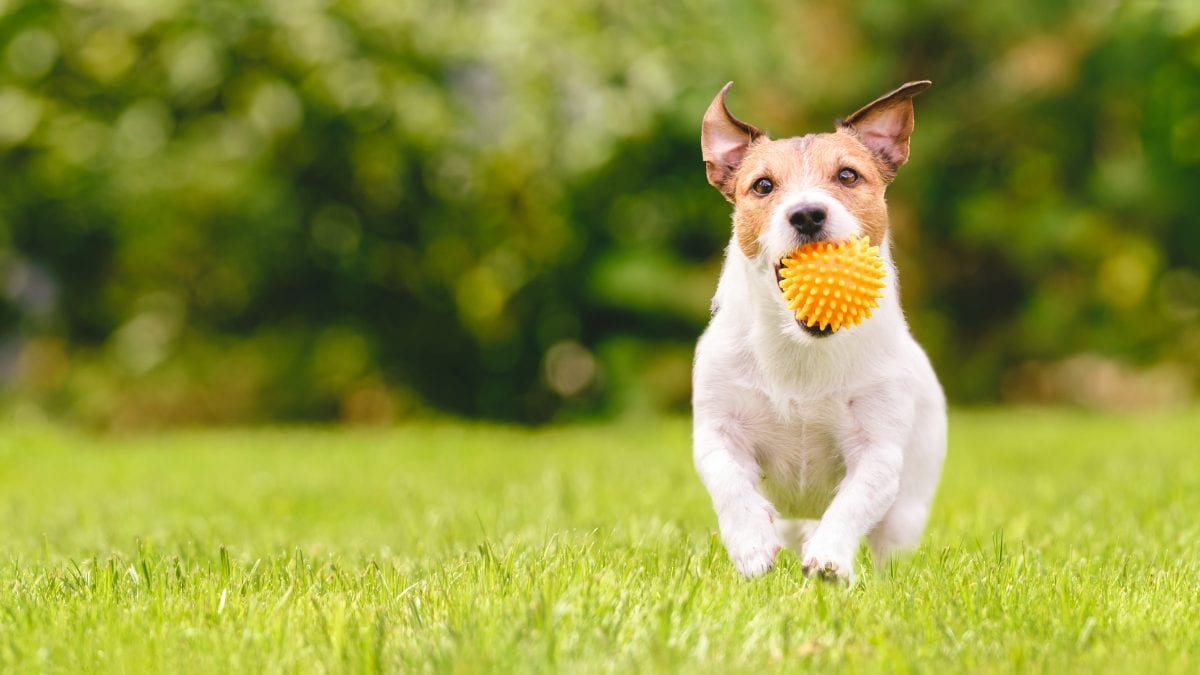Choosing safe Valentine’s flowers, plants for pet parents – The Oakland Press

By JESSICA DAMIANO
If you’re sending your sweetheart cut bouquets or a potted plant for Valentine’s Day, pick out ones that are protected for their pets.
A person lick of a pollen-protected lily stamen can be life-threatening to cats, as my daughter Julia figured out when her cat, Nyah, found her way to a attractive and effectively-intentioned reward bouquet exhibited in a vase on the table. It was a momentary come upon, but the problems was carried out. 3 days of dialysis and $2,500 later on, Nyah returned dwelling.
“Each 12 months, the ASPCA Animal Poison Handle Middle (APCC) sees a increase in calls all around Feb. 14th,” in accordance to Dr. Tina Wismer, veterinarian and senior director of the APCC. She mentioned several of those people involve chocolate, xylitol and indoor plants, introducing that plant poisonings are a issue for pets calendar year-round.
In 2021 alone, she claimed, “the APCC received a lot more than 31,500 phone calls about animals ingesting potentially poisonous indoor and outdoor vegetation and bouquets.”
Kinds TO View FOR
Lilies, Wismer agreed, are among the the worst offenders. “Even a compact publicity to Lilium (lily) and Hemerocallis (daylily) brings about kidney troubles in cats, as they are exceptionally poisonous.” But they aren’t viewed as toxic to pet dogs, she mentioned.
Tulips, on the other hand, are problematic to both equally cats and puppies. “While ingestion of the leaves typically just leads to tummy upset, the bulb is made up of contaminants that can cause rigorous stomach upset, reduced blood strain, convulsions, and cardiac abnormalities,” Wismer said.
Carnations, calla lilies, chrysanthemums, daisies and gladiolas, all well known bouquet additions, also are harmful and should really be kept away from puppies and cats.
Non-flowering vegetation aren’t necessarily safer, Wismer says. Sago palm “is harmful to all pets and can trigger signs or symptoms like vomiting, diarrhea, seizures, liver failure, and potentially dying.”
Other stylish houseplants, like dumb cane (Dieffenbachia,) Swiss cheese plant (Monstera), peace lily (Spathiphyllum), golden pothos (Epipremnum aureum) and snake plant (Sansevieria) are toxic to each species.
“The most popular outward signals of any toxicity in animals will be nausea, vomiting, diarrhea and drooling,” Wismer claimed. “In extra intense instances, lethargy, despair and seizures can propose your pet may perhaps have ingested some thing toxic.”
If your pet has eaten any section of a harmful plant or flower, or exhibits any of these signals or signs and symptoms, Wismer recommends contacting your veterinarian or the ASPCA Animal Poison Management Center at 888-426-4435 as shortly as attainable.
SAFER Flowers
Animals and plants can safely and securely coexist, of program, but some diligence is needed.
Roses, gerbera daisies and orchids are among the well known reward flowers regarded safe for cats and dogs, Wismer explained. But she cautioned that thorns can pose a chance you can buy thorn-stripped roses, or clip thorns off you when you get the flowers property.
Spider plant (Chlorophytum comosum), rattlesnake plant (Calathea lancifola) and parlor palm (Chamaedorea elegans) are 3 of the safest houseplants to expand around cats and dogs. Having said that, Wismer warned, ingesting even non-harmful bouquets or vegetation can guide to gastrointestinal upset and other non-lifetime-threatening signs.
Some pet entrepreneurs forego flowers and plants completely, when some others area crops out of attain. Locating an out-of-arrive at place can be complicated, on the other hand, for a cat with superhero agility, who can balance on the leading of a door and leap tall refrigerators in a one certain.
To perform it safe and sound, do some research before shopping for vegetation or flowers for a pet father or mother. The ASPCA website’s ( https://www.aspca.org/pet-care/animal-poison-management/harmful-and-non-poisonous-vegetation ) detailed, searchable and species-sortable guide to toxic and nontoxic plants and flowers will make effortless perform of it, so that your Valentine – and their furry close friends – can thoroughly love the vacation.
___
Jessica Damiano writes typical gardening columns for The Affiliated Push. She publishes the award-successful Weekly Grime E-newsletter. Sign up right here for weekly gardening ideas and suggestions.
___
For far more AP gardening stories, go to https://apnews.com/hub/gardening.






